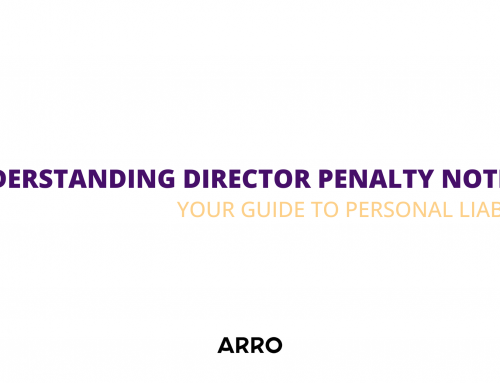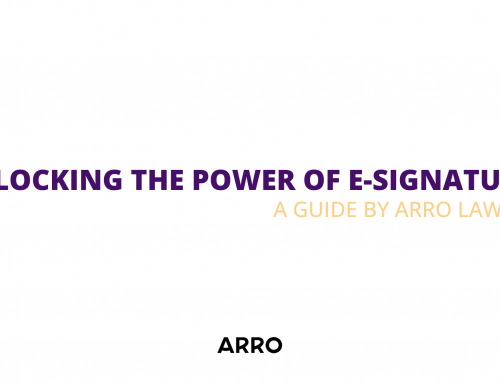We write in this unprecedented time surrounding the uncertainty caused by the ever-evolving Coronavirus (COVID-19) pandemic we find ourselves in.
Undeniably this pandemic is set to weigh on the economy and effect businesses heavily.
Below are two questions that employers are frequently asking us, and we have provided commentary on each of them.
Question 1 – Duty to provide a safe workplace – can you ask if someone has receiveda diagnosis of Coronavirus?
Under work health and safety laws, employers are required to ensure the health and safety of their employees and others at the workplace (as far as is reasonably practical). Employees also have a duty to take reasonable care for their own health and safety and to not adversely affect the health and safety of others.
This involves identifying whether there is a risk to health of employees from exposure to the Coronavirus and that where a risk is identified, eliminating the risk or minimising the risk as far as is reasonably practical.
Exposure to the Coronavirus is a potential hazard for workers and other people at workplaces. Whether an action is reasonably practicable will involve a consideration of what is to be done to manage that risk and whether it is reasonable in the circumstances to do so.
In general, employers do not necessarily have the right to know exactly what is wrong with an employee who requests sick leave or who may otherwise exhibit illness. Under the Fair Work Act 2009 (Cth) (Fair Work Act), it would not be a requirement for an employee to advise their employer of such. Employees are required to provide an employer with notice for sick leave and evidence of such illness if requested (such evidence is generally a medical certificate). However, it is noted that employees may not attend a medical or doctor’s practice to obtain such certificate, or disclose the exact requirement for medical aid. When we spoke to a Fair Work Ombudsman Advisor today they advised us that given the current circumstances, employers would be able to ask employees whether they had Coronavirus.
We note also that Fair Work Australia has recently updated their information regarding the Coronavirus and has advised that if an employee is at risk of infection from Coronavirus (for example, because the employee has recently travelled through mainland China, or has been in close contact with someone who has the virus), the employer should request the employee seek medical clearance from a doctor and to work from home (if possible), or not work during the risk period.
Recommendation:
If you are an employer, we recommend you:
- monitor expert advice as the Coronavirus develops – this will help ensure that you have reasonable measures in place to ensure the safety of your employees;
- monitor the situation and adopt protocols recommended by the World Health Organisation and the Department of Health and Human Services (and other Australian government bodies);
- review current infection control policies, procedures and practices to ensure they are effective and being followed;
- educate and advise employees of their duty to take reasonable care – noting that if they are at risk they should raise concerns with their manager;
- talk to employees who have recently travelled overseas or been in contact with confirmed cases of Coronavirus;
- advise employees to self isolate at home if:
- in the last 14 days they have been in any of the countries listed by the Department of Health and Human Services as requiring self-quarantine;
- they have been in contact with confirmed cases of novel Coronavirus.
- advise employees who are displaying symptoms of Coronavirus at work or who think they might have the Coronavirus infection to seek medical clearance from a doctor and to work from home (if possible).
In summary, given the current risk of the Coronavirus, we consider it reasonable to ask employees.
Question 2 – Is it ok to require employees to take annual/holiday leave or stand them down without pay?
Where an employer directs a full-time or part-time employee not to work, the employee would ordinarily be entitled to be paid while subject to the direction. As an employer, you should consider your obligations under any applicable enterprise agreement, award, employees’ contracts of employment, and workplace policies.
Under the Fair Work Act, the employer has the right to stand down employees without pay if the employee is unable to do useful work because of equipment break down, industrial action or a stoppage of work for which the employer cannot reasonably be held responsible.
Recommendation:
In the instance where for example the building becomes infected, is possibly infected or is otherwise shut down and you require half the employees at a time to work from home, we consider it likely that the stand down provisions of the Fair Work Act would apply as the operational needs of the business have changed (i.e. there is a stoppage of work that you cannot be held responsible for).
However, we recommend, as an employer, you first invite employees to take a period of accrued paid leave first prior to standing down the employees without pay. You may also wish to explore alternative arrangements such as alternative working locations or work from home. We note that an employer can direct an award free employee to take annual leave where that direction is reasonable (which will depend on the circumstances).
If an employee is unable to attend work because they are suspected of having Coronavirus, such employees should use their paid personal/carer’s leave entitlements. If these are exhausted then the employee may use its annual leave or leave without pay.
If employees want to stay at home as a precaution, employees will need to request to work from home or to take paid or unpaid leave. In the first instance employees should use their paid personal/carer’s leave entitlements.
Other concerns
You should ensure that you act fairly to your employees. There are legal protections against discrimination or adverse action based on race, national origin and disability. Therefore, you should ensure that any actions you take are made on reasonable grounds and on the basis of medical information.
Summary
In summary, you should ensure that you have adequate measures and controls in place to be compliant with applicable work health and safety laws. We note that the Fair Work Act does not have specific requirements addressing a number of circumstances that are relevant to the Coronavirus (particularly around quarantine) which is unfortunate.
If you have any further questions, please don’t hesitate to get in touch.
In the meantime, the whole Arro team wish you well during these challenging times.
Alexander Biggs
Senior Lawyer
e: abiggs@arrolawyers.com.au




